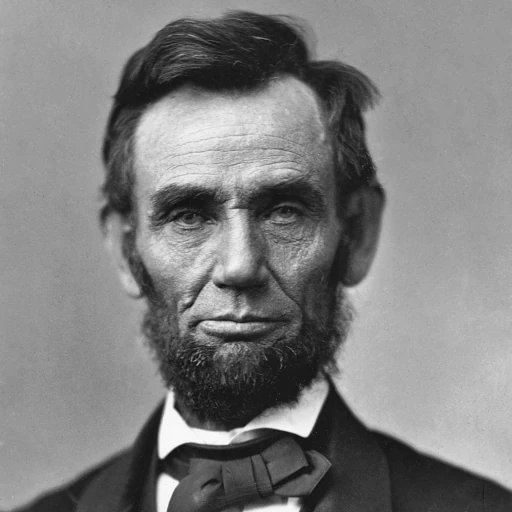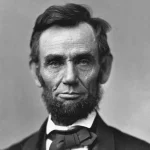“The time comes upon every public man when it is best for him to keep his lips closed.”

- February 12, 1809 – April 15, 1865
- American
- Politician, lawyer
- As the 16th President of the United States, he issued the Emancipation Proclamation and led the Civil War to maintain the unity of the nation.
Quote
“The time comes upon every public man when it is best for him to keep his lips closed.”
Explanation
This quote reflects Abraham Lincoln’s understanding of the delicate nature of public discourse and the importance of strategic silence in certain situations. As a leader during one of the most tumultuous times in American history, Lincoln often found himself in positions where the right words could either heal or inflame. This statement suggests that there are moments when restraint is more powerful than speaking out, especially when words might escalate conflict or complicate complex issues. The quote acknowledges the wisdom of knowing when to hold back, recognizing that sometimes silence can be a more effective response than taking action or making public statements.
Historically, Lincoln’s presidency was marked by numerous moments of national crisis, including the Civil War, the abolition of slavery, and the secession of Southern states. During these periods, Lincoln was often careful with his public statements. He understood that his words could have significant repercussions, both in terms of public opinion and the political ramifications for the war effort. For example, he was highly selective in his public rhetoric about slavery, choosing when to push for emancipation or when to remain silent in order to avoid alienating factions or derailing peace efforts.
In modern contexts, this quote speaks to the power of silence in public life. In an age where public figures are often expected to comment on every issue, Lincoln’s wisdom reminds us that there are times when silence is the better part of wisdom. It’s a call for leaders today to consider the potential consequences of their words, recognizing that sometimes the right decision is to say nothing at all, especially when the situation requires careful thought or the risk of saying the wrong thing is too great. This principle can also apply to personal communication, suggesting that silence can be a form of leadership in itself.



